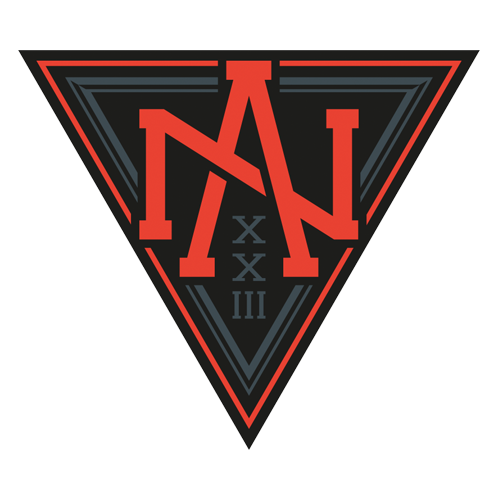
QUEBEC CITY -- On Friday night, the Team North America players found a Quebec City restaurant for a team dinner and a viewing of the intense World Cup of Hockey pre-tournament game between USA and Canada.
And really for the first time in this training camp, the divide between the Canadians and Americans on the team surfaced. There was good-natured ribbing after goals and, even though they might be facing off against their own countrymen at some point in this tournament, guys were openly cheering for their native teams.
"I was still rooting for America," said Jack Eichel, who hails from North Chelmsford, Massachusetts. "I played for the U.S. enough that I always root for U.S. The only time I wouldn't root for them was if they were playing against our team."
"It's tough to cheer for a team you're going to play against. At the same time, if you're American or Canadian, it's hard not to cheer," said forward Johnny Gaudreau of Carneys Point, New Jersey. "I caught myself as the U.S. scored, I was cheering, got up a little bit. It's tough when you see USA and they score, it's tough not to get excited. It's a weird situation."
While rooting preferences might have been divided at dinner, this team has come together nicely as a group considering the players have no traditional connection other than they all happen to be under 24 years old.
The cliques that might have been there on the first day of training camp are gone. The players have made an effort to eat as many meals together as possible when away from the rink. The coaches have done a good job incorporating fun, competitive team-bonding drills at the end of practice to help the cause.
On Friday, it was a 3-on-3 drill with two nets pushed close together at center ice; on Saturday, it was a quick shootout competition. Just small things to build up camaraderie on a team that is bonding nicely.
When the leadership group was announced before Thursday's game, it was noticed on the outside that the captain (Connor McDavid) and alternates (Aaron Ekblad and Sean Couturier) came up through Hockey Canada and there wasn't any USA Hockey representation joining a Canadian-heavy coaching staff and management group.
Head coach Todd McLellan seemed surprised that anyone was keeping track.
"Never once have we sat down and said that there's a border," McLellan said. "There's nothing political about what we're doing as a team."
Inside the room? It was a nonissue.
"It doesn't really matter. As a group, we want to have leaders all around the room, not just guys with letters," said Brandon Saad of Pittsburgh, who certainly could have been part of the leadership group. "Whether you have one or not, you're going to play the same way and act the same way."
And, as Saad pointed out, the Canadians are outnumbered on the roster.
"If you count, I think we have more Americans on the team," he said, smiling. (For the record, there are 13 Americans and 10 Canadians.)
Defenseman Colton Parayko of St. Albert, Alberta, said the players have done such a good job putting their natural allegiances behind them that he's not even sure he could accurately identify where each of his teammates was born.
One week into this thing and the concerns about bonding are gone. You can see it on the ice and feel it in the dressing room while watching the players interact.
"There's not a wall built," McLellan said. "We belong to the hockey world, Team North America, and there's absolutely nothing to do with the flags of either country."
